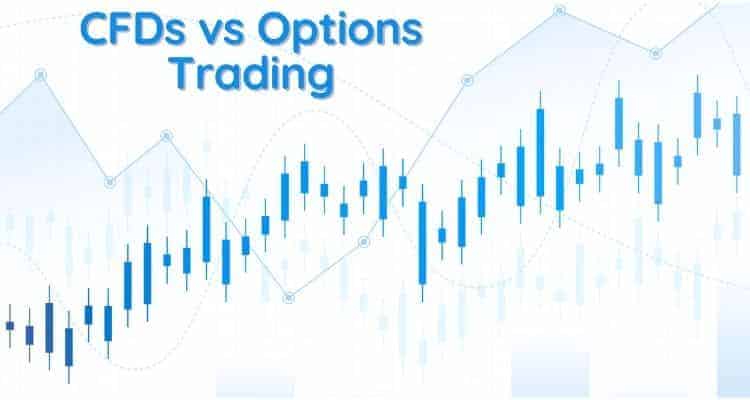There are several ways you can go about it when it comes to investing. Between buying or selling stocks on an exchange such as Frankfurt Stock Exchange or through more complicated methods such as options trading in Germany, the decision ultimately boils down to what your goals are and how much risk you’re willing to take on.
If you’re investing for the long term, then both of these methods are viable options depending on your financial goals and risk tolerance. However, if you’re looking for trading opportunities with less commitment, then CFDs are the better option because there’s no need to hold onto them once they expire. Their value expires along with the contract itself. Due to its nature as a derivative product, you can also buy and sell them at any point during the contract’s lifetime, unlike traditional options trading, where you have to own the underlying stock for this privilege to work.
How CFDs and options work
When using CFDs, it’s vital that you fully understand how they work so that there aren’t any surprises later down the line. It is especially true for complex financial instruments like options trading in Germany. Options contracts are typically used by investors who want to generate a significant profit from a small investment and therefore lose a certain amount of money if they don’t exercise their option before it expires.
It’s an advantage for the trader working with options because they can make a lot more trades during the lifetime of their contract, which gives them way more opportunities to make money. However, there’s also less risk involved due to its limited lifespan. When you buy or sell an asset through a CFD, on the other hand, you’re exposing yourself to unlimited risk because you have to hold onto your position until it’s been closed out manually. This means that stop-loss orders cannot be applied when using this type of investment.
CFDs vs options trading in Germany
With options trading in Germany, you aren’t limited to a certain number of trades as long as your contract hasn’t expired yet. This distinction between expiry dates and the number of times you can trade is one of the most important things to understand about CFDs.
When using CFDs, it’s crucial that you fully understand how they work so that there aren’t any surprises later down the line. One way to think about choosing between these two different types of investment products is to envision your financial goals and what sort of risk level you’re comfortable with. If you’re investing for the long term, both are viable options depending on how much risk you’re willing to take.
However, suppose you’re looking for trading opportunities with less commitment. In that case, CFDs are the better option because there’s no need to hold onto them once they expire – their value expires along with the contract itself. Due to its nature as a derivative product, you can also buy and sell them at any point during the contract’s lifetime, unlike traditional options trading, where you have to own the underlying stock for this privilege to work.
The best way to choose between CFDs vs options trading in Germany is to understand your financial goals. If you’re investing for the long-term, both are good options depending on how much risk you’re willing to take.
Summary
An essential skill for a trader is to read the market. It’s about understanding the current trends and anticipating where they might go next, with all factors taken into accounts, such as news, fundamentals, and technical analysis. Anyone should thoroughly understand the consequences of CFD vs options trading in Germany, considering it an investment method. New investors interested in CFD trading in Germany are advised to use a reputable online broker from Saxo Bank and sign up for a demo account before trading with real money.
Error: Contact form not found.










